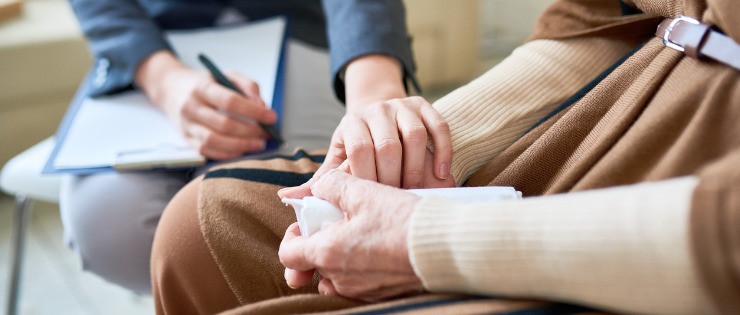
When was the last time you had a mental health check up?
In fact, do you even know what it looks like?
With October being World Mental Health Month, now is the perfect time to book one in.
Like all aspects of health, whether it be physical or mental, it is best to be on the front foot. The key is learning to recognise the early warning signs, so you can act BEFORE illness prevails.
So, what does a mental health check actually involve?
The first step is a little bit of personal reflection. I suggest asking yourself a few questions, split into five simple categories:
Mind - How have you been feeling over the past few weeks? Are you finding it difficult to switch off? Are you feeling overwhelmed, agitated or flat?
Body - How are you feeling physically? Are you getting headaches? Does your neck or jaw feel tense? Are you tired? Have you felt nauseous or a bit unsettled?
Sleep - How has your sleep been? Have you been struggling to get to sleep or stay asleep? Or have you been sleeping too much?
Reactions/Behaviours - Have your reactions changed lately? Are you snapping at those around you? Are you finding it difficult to focus?
Motivation/Enjoyment - Are you looking forward to things? Are you still enjoying things that would normally make you happy?
Once you have reflected on these areas, it’s a great time to check in with your doctor. Discussing these points with your GP will help you recognise any warning signs that your mental health might not be as great as you think it is.
A mental health check up should also include a physical check, as physical health and mental health are inextricably linked. If you’ve been feeling stressed or overwhelmed, it is important to make sure your blood pressure is ok. Similarly, if you feel tired, anxious, jittery, or have been getting headaches, it is important to make sure there are no other physical causes contributing to how you feel. For example, iron deficiency or an under/overactive thyroid can mimic anxiety and depression. This is where some basic blood tests usually come in.
Finally, the last past of the check involves talking about what you can do to support your mental health. Think simple on this one – the little things make a huge difference. Discuss your sleep patterns and how you can improve your sleep hygiene. Diet, exercise and alcohol intake are also really important. Your GP is a great person to help assess if you’re fuelling your body in the right way, or if that habitual night cap is getting a little out of hand. Also discuss your work-life balance and how you might be able to make a little more time for yourself.
The take home - don’t wait until you feel unwell to do a mental health check up. Make it a regular habit, like you do a blood pressure check. After all, prevention is always better than cure.